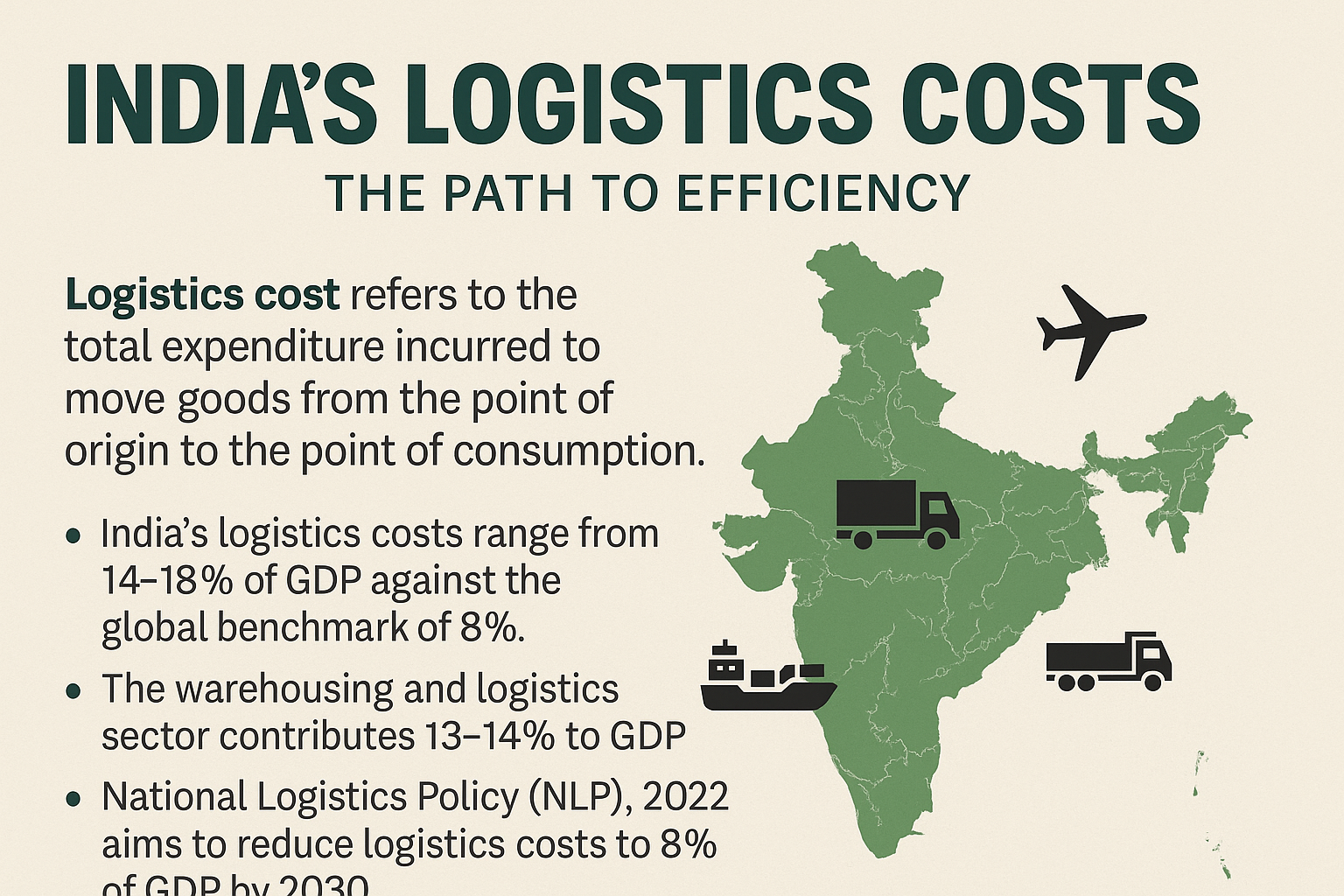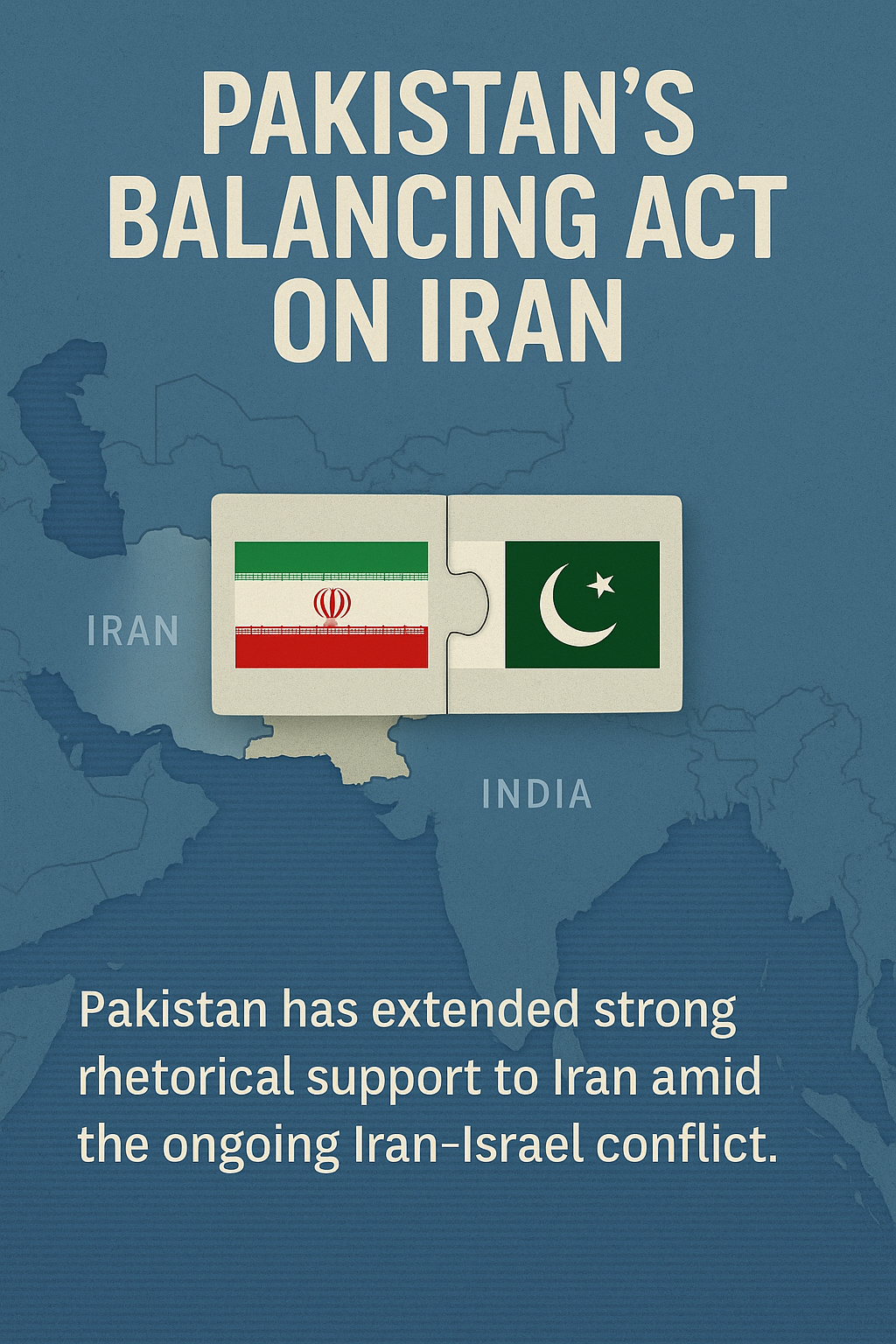231.
🔬 Science & Society
🧪 INSA Expands Fellowship Criteria – Recognising Science Beyond Academia
In a landmark move, the Indian National Science Academy (INSA) has revised its approach to selecting Fellows, breaking from a tradition that focused almost exclusively on career scientists.
The 2025 list now includes prominent figures from industry, literature, and social service, acknowledging that scientific impact can extend far beyond laboratories and academic journals.
🏛️ What is INSA?
- Founded: January 1935
- Original Name: National Institute of Sciences of India (NISI)
- Founded with support from the Indian Science Congress Association (ISCA)
- Initial Base: Kolkata (Asiatic Society of Bengal)
- Moved to Delhi in 1951
INSA is India’s premier national science academy, representing the country’s scientific community at home and abroad.
🎯 INSA’s Core Objectives
- Promote scientific research for national development and human welfare
- Coordinate with other research institutions and government bodies
- Advise the Indian government on critical S&T issues
- Publish journals, reports, and outreach materials
- Run exchange programs for global scientific collaboration
- Fund scientific projects and reward excellence
- Safeguard scientific integrity and ethics
- Foster science-humanities collaboration
🆕 What’s New in the Fellowship Criteria?
🧭 New Categories Introduced:
- Science in Society
- Science in Translation
These categories aim to recognise individuals who:
- Apply scientific thinking in public service
- Bridge science and societal needs
- Support or fund science through philanthropy and leadership
👥 Notable Non-Scientist Fellows in 2025
INSA’s 2025 Fellows include:
- Sudha Murthy – Writer, philanthropist, STEM education advocate
- N.R. Narayana Murthy – Infosys founder, science and innovation patron
- Nandan Nilekani – Technocrat, architect of Aadhaar digital infrastructure
- Rajendra Singh – “Waterman of India”, environmentalist and traditional knowledge promoter
Their work showcases science in action through social innovation, digital infrastructure, and sustainability.
🧾 Historical Context – From Lab Bench to Leadership
Traditionally, INSA Fellowships were reserved for those with:
- Significant peer-reviewed publications
- Long-term academic or institutional affiliations
The current shift recognises that real-world contributions—including science communication, funding, and grassroots change—are equally vital to India’s scientific ecosystem.
⚖️ Concerns & Criticism
- Some, including P. Balaram (former IISc Director), raised concerns:
- Could undermine the scientific credibility of INSA
- Risk of privileging wealth or influence over intellectual merit
The debate reflects a tension between expanding recognition and upholding scientific standards.
🔮 Future Implications
- Could draw new allies and resources into India’s research ecosystem
- Opens the door for recognition in emerging areas like:
- Deep-tech entrepreneurship
- Space innovation
- Climate and sustainability projects
- May encourage public-private partnerships and STEM philanthropy
🕯️ When science leaves the lab, it enters lives—and that’s where its future often begins.















